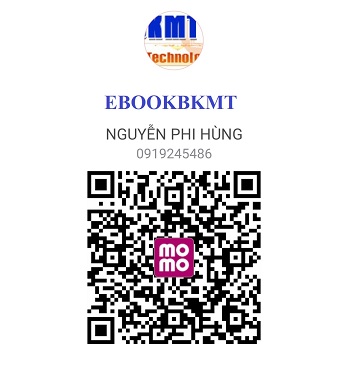Simple two-step development of TiO2Fe2O3 nanocomposite for oxygen evolution reaction (OER) and photo-bio active applications
ABSTRACT
The simultaneous incorporation of iron (III) oxide (Fe2O3) and titanium oxide (TiO2) forms a noteworthy composite for oxygen evolution reactions, photocatalytic, and antimicrobial applications. TiO2/Fe2O3 nano-composite was deposited utilizing a patented, single-step altered pseudo-successive ionic layer adsorption and reaction (p-SILAR) process for the deposition of oxides, which was employed in this study to form Fe2O3 for the first time. The developed nanocomposite exhibits improved electrocatalytic water splitting, photocatalytic ac-tivity, and antimicrobial performance.
Controlled deposition and heat treatment enable the formation of Fe2O3 and TiO2, as verified by SEM, EAM, and XPS analysis. Incorporation of Fe2O3 significantly enhances the pho-tocatalytic activity of P25 TiO2 nanoparticles, demonstrated by the visible light dye degradation test. The nanocomposite degrades 58% of the Rhodamine B dye in 100 min, while pure TiO2 degrades only 26%. The NC also shows higher antibacterial activity against E. coli and S. aureus compared to pure TiO2. Water splitting performance is evaluated using Electro Impedance Spectroscopy (EIS), Cyclic Voltammetry (CV), Linear Sweep Voltammetry (LSV), and Tafel Slopes. The results show that TiO2/Fe2O3 NCs exhibit improved oxygen evolution reaction compared to pure TiO2.
LƯU Ý:
Tài liệu được chia sẻ bởi CTV EBOOKBKMT "Nguyễn Duy Long" chỉ được dùng phục vụ mục đích học tập và nghiên cứu.
ABSTRACT
The simultaneous incorporation of iron (III) oxide (Fe2O3) and titanium oxide (TiO2) forms a noteworthy composite for oxygen evolution reactions, photocatalytic, and antimicrobial applications. TiO2/Fe2O3 nano-composite was deposited utilizing a patented, single-step altered pseudo-successive ionic layer adsorption and reaction (p-SILAR) process for the deposition of oxides, which was employed in this study to form Fe2O3 for the first time. The developed nanocomposite exhibits improved electrocatalytic water splitting, photocatalytic ac-tivity, and antimicrobial performance.
Controlled deposition and heat treatment enable the formation of Fe2O3 and TiO2, as verified by SEM, EAM, and XPS analysis. Incorporation of Fe2O3 significantly enhances the pho-tocatalytic activity of P25 TiO2 nanoparticles, demonstrated by the visible light dye degradation test. The nanocomposite degrades 58% of the Rhodamine B dye in 100 min, while pure TiO2 degrades only 26%. The NC also shows higher antibacterial activity against E. coli and S. aureus compared to pure TiO2. Water splitting performance is evaluated using Electro Impedance Spectroscopy (EIS), Cyclic Voltammetry (CV), Linear Sweep Voltammetry (LSV), and Tafel Slopes. The results show that TiO2/Fe2O3 NCs exhibit improved oxygen evolution reaction compared to pure TiO2.
LƯU Ý:
Tài liệu được chia sẻ bởi CTV EBOOKBKMT "Nguyễn Duy Long" chỉ được dùng phục vụ mục đích học tập và nghiên cứu.

.png)
%20(1).png)

%20(1)%20(1).png)

.png)





%20(1).png)


.png)
.png)




Không có nhận xét nào: